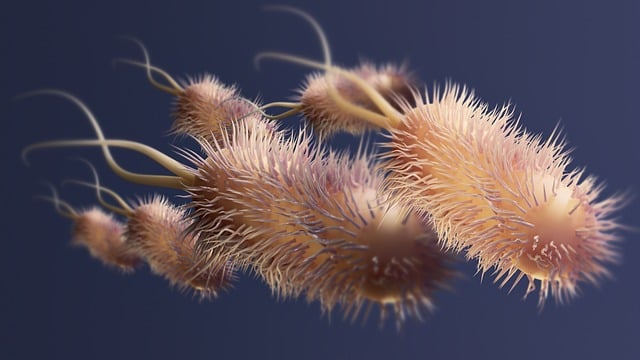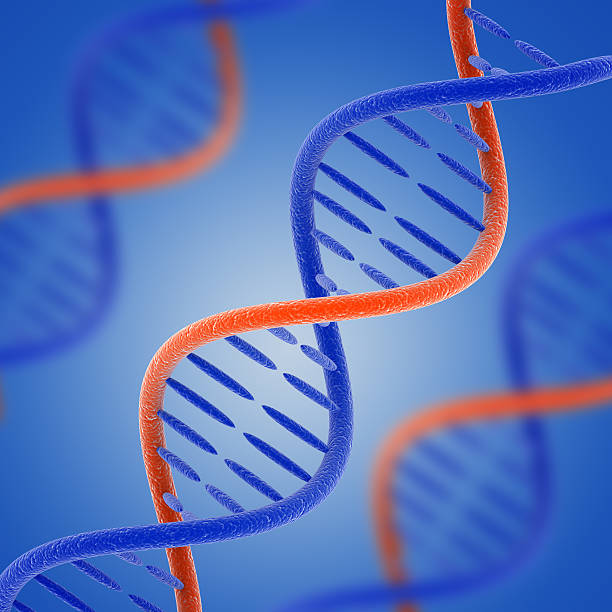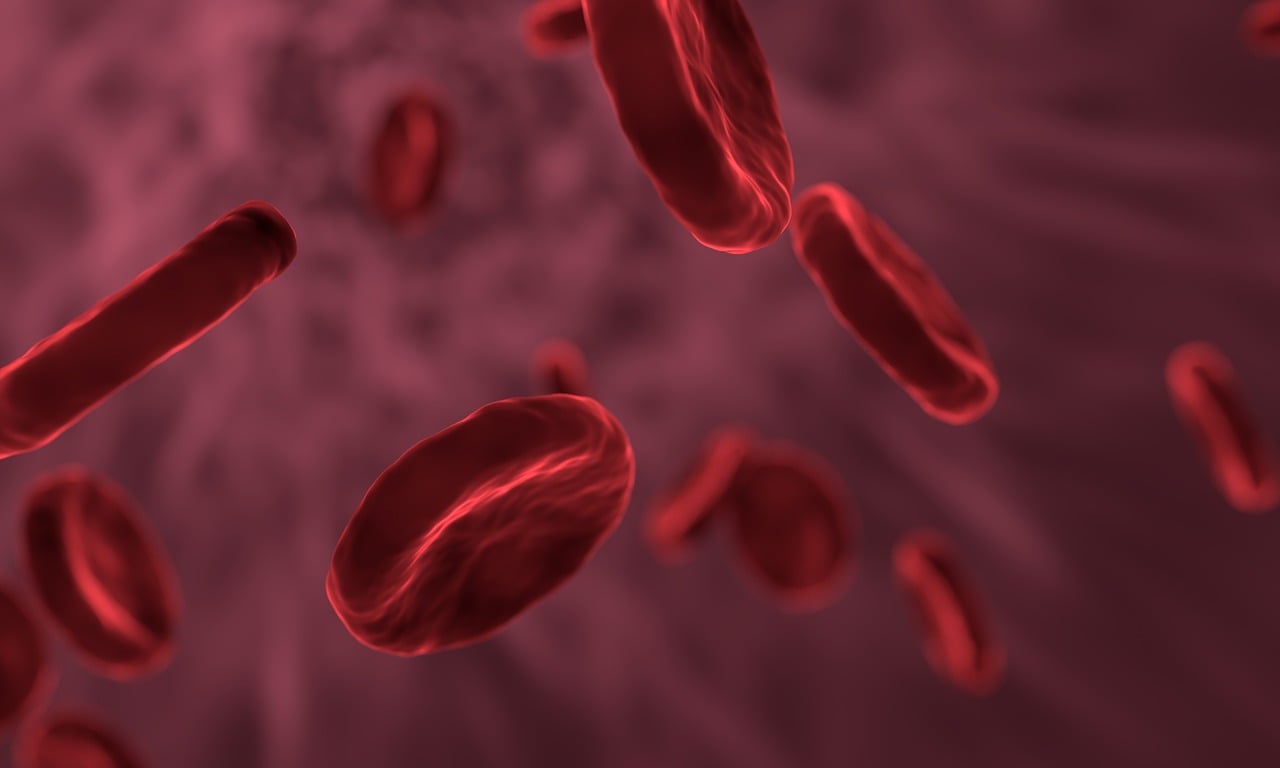Exploring the Hidden World of Microbes A Journey into Microbiology
In the vast world we inhabit, there lies an intricate and unseen galaxy of organisms that significantly impacts our health, the environment, and the very fabric of life itself. Microbes, often underestimated and overlooked, play crucial roles in ecological balance and human life. This exploration aims to unravel the hidden world of microbes, shedding light on their diversity, functions, and the fascinating realm of microbiology, a discipline that seeks to understand these microscopic wonders.

The Microbial Universe
Microorganisms, commonly referred to as microbes, are incredibly diverse and can be found in virtually every environment on Earth, from the depths of the oceans to the highest mountain peaks. They encompass various life forms, including bacteria, archaea, fungi, protozoa, and viruses. Although they are predominantly invisible to the naked eye, their existence profoundly influences the planet's ecosystems and the health of all living organisms.
Interestingly, microbes are not merely pathogens that cause diseases. In reality, they are crucial players in numerous biochemical processes. Many of these creatures, such as bacteria and fungi, contribute to nutrient cycling and energy flow in ecosystems. They break down organic matter, returning essential nutrients to the soil, which sustains plant life and, in turn, supports the animal food chain.
The Diverse World of Bacteria
Bacteria alone represent a vast and complex group within the microbial world. They vary drastically in shape, size, and lifestyle, with some playing beneficial roles while others can cause illness. With their unique abilities, bacteria can thrive in extreme environments, including hot springs, acidic lakes, and the human gut, demonstrating their remarkable adaptability.
Among the beneficial bacteria, we find probiotics, which are often included in dietary supplements and fermented foods. These microorganisms, such as Lactobacillus and Bifidobacterium, are known for their positive influences on human health by maintaining gut flora balance, enhancing digestion, and potentially boosting the immune system. Their presence is a testament to the fine line between health and disease, where beneficial and harmful bacteria coexist.
Fungi: The Unsung Heroes
While bacteria often steal the spotlight, fungi are equally essential in our ecosystem. They play a pivotal role in decomposition, breaking down complex organic materials and recycling nutrients back into the environment. This process ensures the availability of essential nutrients for plants, supporting overall ecosystem health.
Additionally, fungi form symbiotic relationships with many plants through mycorrhizal networks, effectively enhancing nutrient absorption. This partnership not only aids plant growth but also contributes to soil structure and fertility, illustrating the interconnectedness of life on Earth.

Viruses: The Enigmatic Microbes
Viruses, often maligned as simply agents of disease, present a unique and complex challenge in the study of microbiology. Unlike bacteria and fungi, viruses are not considered living organisms in the traditional sense since they cannot reproduce independently. They rely on a host cell's machinery to replicate, making them fascinating yet potentially dangerous entities.
Despite their notorious reputation, viruses can also play beneficial roles in ecosystems. For instance, bacteriophages, which infect bacteria, can influence bacterial populations and contribute to microbial diversity. This predatory behavior helps regulate bacterial communities, which is essential for maintaining ecological balance.
The Microbiome and Its Importance
The human microbiome, a term that encapsulates the vast array of bacteria, fungi, and other microorganisms that reside within and on our bodies, has garnered significant attention in recent years. With trillions of microbial members, our microbiome influences numerous aspects of our health, including metabolism, immune response, and even mood regulation.
Studies have shown that a healthy and diverse microbiome can enhance our body's resilience to infections and various diseases. Conversely, imbalances in this microbial community, often caused by poor diet, antibiotic use, or lifestyle factors, can lead to health issues such as obesity, diabetes, and autoimmune disorders. Thus, understanding our microbiome is vital for achieving optimal health.
Microbial Ecology: The Interconnectedness of Life
The study of microbial ecology delves deep into the intricate relationships between microbes and their environments. Every microorganism interacts with its surroundings in complex ways, forming communities and engaging in competition and cooperation. By studying these interactions, scientists can better understand how microbial ecosystems function and how they can be preserved.
For instance, in aquatic environments, cyanobacteria play a significant role in photosynthesis, contributing to oxygen production and serving as a foundational element of the food web. The presence of these microorganisms influences nutrient cycling and energy flow within the ecosystem, showcasing the interconnectedness of life through a microbial lens.
Advancements in Microbiology
The field of microbiology has witnessed remarkable advancements over the past few decades, primarily due to technological innovations. High-throughput sequencing technologies, for instance, have revolutionized the study of microbial communities, allowing researchers to identify and characterize previously unknown microorganisms in varied environments.
Additionally, advances in microscopy, including fluorescence and electron microscopy, have enabled scientists to observe microbial behavior and interactions at unprecedented levels of detail. These technologies not only enhance our understanding of microbes but also facilitate the discovery of novel applications in fields like medicine, agriculture, and environmental management.
Microbes in Agriculture
In agriculture, the role of microbes is becoming increasingly recognized for their potential to improve crop yields and soil health. Certain soil microbes enhance nutrient availability, leading to more robust plant growth. Moreover, beneficial bacteria can suppress plant pathogens, reducing the need for chemical pesticides and promoting sustainable farming practices.
Mycorrhizal fungi, as mentioned earlier, assist in nutrient uptake, particularly phosphorus, which is often in limited supply in soils. This symbiotic relationship is essential for plant health, and many farmers are exploring organic practices that enhance these beneficial microbial communities.
Microbial Biotechnology and Its Applications
Microbial biotechnology is an exciting field that harnesses the power of microorganisms to develop new products and processes. The use of microbes in industrial applications includes the production of antibiotics, enzymes, and biofuels, among others. For instance, the antibiotic penicillin, derived from the Penicillium fungus, revolutionized medicine and has saved countless lives.
Moreover, researchers are actively exploring the potential of microbes in bioremediation, a process where bacteria and fungi are employed to detoxify polluted environments. This approach holds promise for addressing challenges such as oil spills and heavy metal contamination, showcasing the powerful capabilities of microbes in solving environmental issues.

Challenges and the Future of Microbiology
Despite the advancements and profound discoveries in microbiology, the field faces numerous challenges. One of the most pressing issues is the rise of antibiotic-resistant bacteria, which pose significant risks to global health. The overuse and misuse of antibiotics have facilitated the emergence of resistant strains, making common infections increasingly difficult to treat.
Furthermore, there is a pressing need for continued research to unravel the complexities of the microbiome and its influence on human health. Understanding how various factors interact with our microbiota may lead to innovative therapies and preventive measures for a wide array of health conditions.
Conclusion
Exploring the hidden world of microbes reveals their essential roles in sustaining life on Earth. From maintaining ecological balance to shaping human health, these microorganisms are indeed unsung heroes. While we have made significant strides in understanding their complexities and harnessing their potential, much remains to be discovered in this fascinating field. By embracing the microbial world, we can pave the way for advancements in medicine, agriculture, and environmental sustainability, ensuring a healthier future for all.
댓글